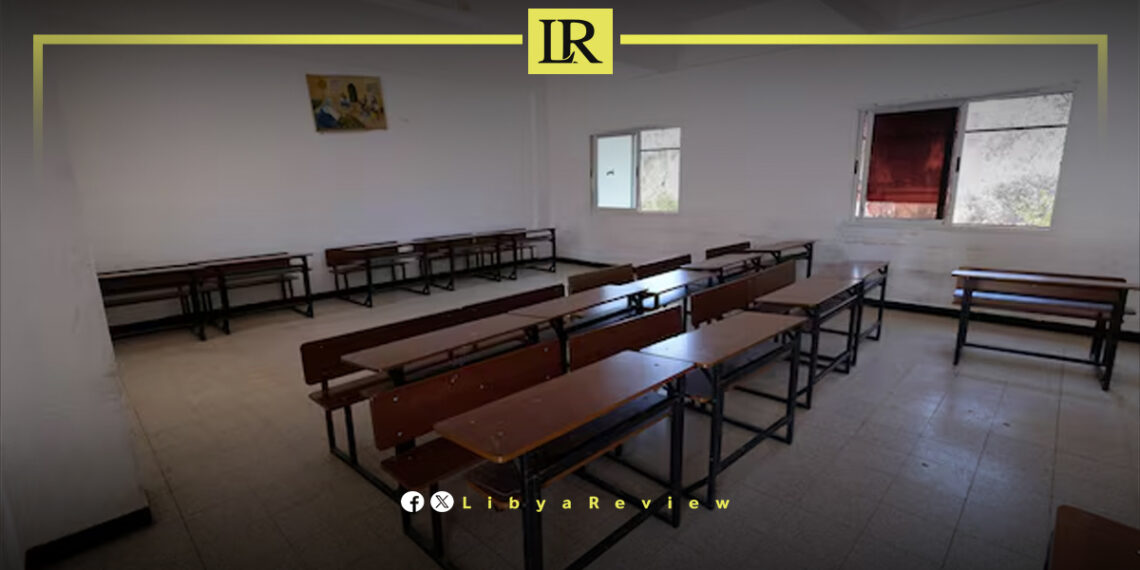Libya’s education sector has plunged into crisis as a nationwide shortage of school textbooks disrupts learning, sparks public anger, and triggers legal action against senior officials.
The Attorney General’s Office announced on Saturday that the acting Minister of Education in the Government of National Unity and the Director General of the Curriculum and Educational Research Center were detained pending investigation. Both face charges of “harming the public interest and violating the right to education.”
According to the prosecutor’s statement, the inquiry uncovered serious administrative and financial irregularities in contracts for printing textbooks for the 2025–2026 school year. Investigators also cited “negligence in providing textbooks to more than two million students on schedule,” as required by the national education strategy.
The new school year began in late September, but classrooms across Libya remain without essential learning materials. Schools in Benghazi, Tripoli, Sebha, and Sirte reported receiving less than half of their required books. Many teachers have been forced to photocopy lessons or use outdated digital copies to continue classes.
In Benghazi, several school administrators said the shortage is severely affecting both teaching and learning. “Without textbooks, teachers are struggling to explain lessons or assign homework,” said Ahmed Al-Zallawi, principal of Ishbilia School. Another education official estimated that only 45 percent of books have been delivered so far.
Parents say the crisis has shifted the financial burden onto families, forcing them to purchase costly printed notes. “I have four children, and I can’t afford to buy materials for all of them,” said Mohammed Mosbah, a father in Benghazi. “Life has become extremely difficult.”
Observers argue the crisis exposes deep-rooted governance failures within Libya’s education system, from poor financial oversight to divided management. They warn that continued delays could jeopardize the academic year and deepen public distrust in government institutions already weakened by years of division and mismanagement.


